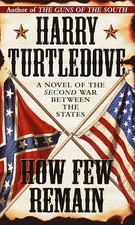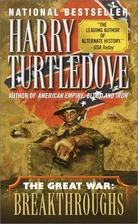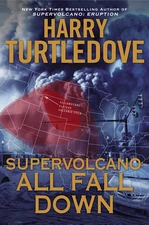
The statue which inspired the poem.
"Ozymandias" is a sonnet written by the English romantic poet Percy Bysshe Shelley (1792–1822), first published in the 11 January 1818 issue of The Examiner of London. Shelley wrote his poem soon after the announcement of the British Museum's acquisition of a large fragment of a 13th-century BC statue of Egyptian King Ramesses II, whom the Ancient Greeks called Ozymandias. The 7.25-ton fragment of the statue's head and torso had been recovered in 1816 from the mortuary temple of Ramesses at Thebes by the Italian adventurer Giovanni Battista Belzoni (1778–1823).
The poem explores the fate of history and the ravages of time—that all prominent men and the empires they build are impermanent and their legacies fated to decay and oblivion. Shelley contrasted this fate to the lasting power of art.
Ozymandias in The Hot War[]
When Bruce McNulty was demobilized after the end of World War III, he traveled by train through the nuclear ruins of Boston. The utter devastation reminded him of the wasteland surrounding the remains of the statue in "Ozymandias".[1]
Ozymandias in Southern Victory[]
About a year after Colonel Abner Dowling had been appointment military governor of Salt Lake City, he and his adjutant Captain Angelo Toricelli happened to have lunch in a restaurant by Temple Square. As they left, he viewed the ruins of the Mormon Tabernacle and their Temple and was moved to murmur the last five lines of Shelley's sonnet. Toricelli commented that he was not the first officer he had heard recite that poem.[2]
Ozymandias in Supervolcano[]
Kelly Ferguson, along with her former department chairman Professor Geoff Rheinburg and a number of other geologists, went on an exploratory expedition to Helena, Montana. Shortly after arriving by helicopter, Rheinburg was moved to loudly recite the final lines of "Ozymandias" where the boast of the king of kings about his mighty works is surrounded by vast, empty desert. Ferguson was deeply moved, the poem matching well the impermanent works surrounding them.[3]
References[]
- ↑ Armistice, pgs. 331-332, HC.
- ↑ The Center Cannot Hold, pgs. 83-84, HC.
- ↑ Things Fall Apart, pg. 238, HC.
| |||||||||||||||||||||
| |||||||||||||
















